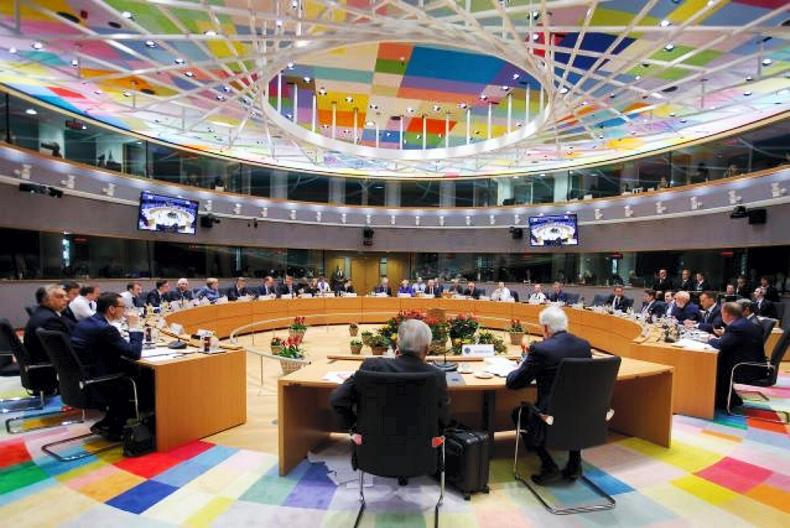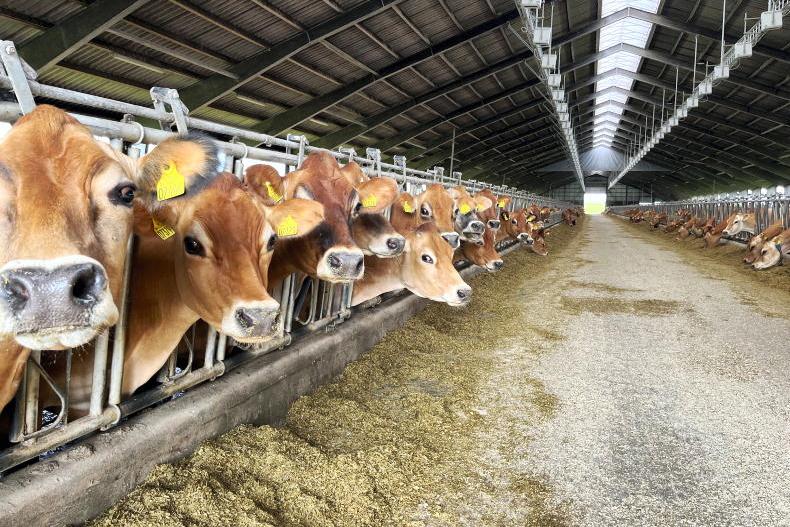Irish farmers are watching on as the drama of cliff hanger votes and government defeats unfold in the British parliament with more skin in the game than most other viewers. The reality is that as we speed through the extension granted until 12 April, there is no more clarity this morning than there was the morning after the referendum.
Drama in Parliament
Despite the votes in Westminster yesterday, the reality for farmers this morning is that there are still just two firm options on the table. One is the Withdrawal Agreement, signed off on by the British government in November but rejected by MPs. The second is the UK leaving at the end of the extension commencing trade with the EU as a third country under WTO rules.
Everything else yesterday was about what the British might choose to do, a debate that would have been so much better before the referendum when voters then would have had a clear understanding of what Brexit would look like. It would also have been better if the debate had taken place before the government chose to start the clock ticking on the countdown to departure by triggering the formal leaving process as defined by the Lisbon treaty, more commonly known as Article 50.
Uncertainty
Just days away from leaving the EU, the UK doesn’t yet know what type of departure it wants, never mind what might be achievable in the time frame. To accomplish Brexit by either 12 April or the extended deadline of 22 May, there are two options: a no-deal departure or a third attempt at getting support for the Withdrawal Agreement.
Anything else requires a further extension and British participation in elections to the EU Parliament.
Options
A second longer-term extension has been hinted at by Theresa May. The EU will likely support this if it is used to deliver a concrete plan. What that plan is will be debated frantically by British politicians.
The ideal choice for Ireland is for to revoke Article 50 and forget about Brexit.
Politically this is almost impossible in the UK.
Alternatively May's government could fall and a general election ensue but the outcome of that could be just as uncertain as the present situation. If indecision continues in Parliament, then a second referendum could be called, despite its unpopularity with many. The issue in that case is what question would be put to the people in a second vote.
Negatives
The ESRI, in its latest report, has highlighted again just how negative any type of Brexit is for the Irish economy – even if there is a Withdrawal Agreement. It just gets worse if there is no deal.
The agriculture sector will be the worst hit because of its dependence on the UK market and how WTO tariff structure is particularly tough on agricultural produce.
Revoking article 50 and reversing Brexit or a second referendum with the same ambition are what works best for Irish (and UK) farmers but that remains an outside bet. Alternatively a change of government may lead to a closer alignment with the EU on customs or any one of a number of trade models.
The difficulty is that each one of these requires a border on the island of Ireland.









SHARING OPTIONS